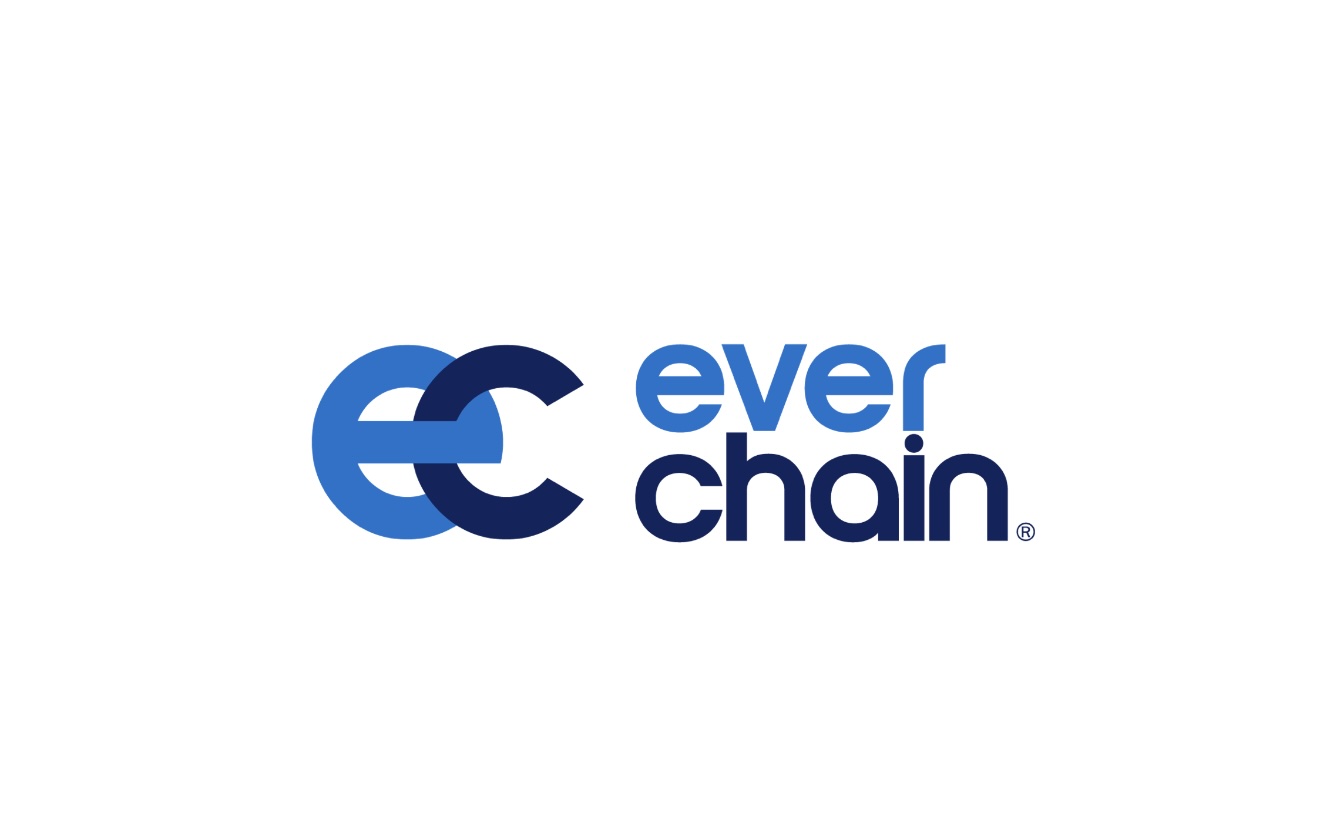Source: site
SoftBank has secured approval from the US Federal Trade Commission (FTC) for its $6.5 billion acquisition of US-based chip designer Ampere Computing, with the FTC ending its probe into the deal that began in July 2025. This regulatory clearance removes a major hurdle, clearing the way for SoftBank to take full control of Ampere, whose server processors power data centers critical to AI and cloud computing infrastructure.
Key Details of the Acquisition
-
The deal, valued at $6.5 billion in cash, was first announced in March 2025 and is expected to close in the latter half of 2025, pending remaining customary closing conditions.
-
Ampere will become a wholly owned subsidiary of SoftBank while continuing to operate independently, retaining its headquarters in California.
-
Ampere designs Arm-based processors for large-scale servers; Arm is already controlled by SoftBank, further integrating SoftBank’s hold over the hardware behind AI and high-performance computing.
-
Major investors Carlyle Group and Oracle have agreed to sell their stakes in Ampere as part of the deal.
Strategic Importance
-
This acquisition is central to SoftBank’s strategy to enhance its position in AI hardware and infrastructure, alongside its existing interests in Arm and recent divestments from Nvidia.
-
By bringing Ampere under its umbrella, SoftBank aims to control more elements critical for the backend operations driving AI, cloud, and crypto-related industries.
-
The FTC’s decision for “early termination” of the antitrust review points to no remaining regulatory obstacles in the US, allowing the transaction to proceed.
Next Steps
-
The deal now awaits final customary closing and any additional regulatory checks before formal completion, which is anticipated by the end of 2025.
-
Ampere will continue developing next-generation Arm processors, supporting SoftBank’s ambitions in data center and enterprise AI sectors.
This approval marks a significant consolidation in the AI and semiconductor ecosystem, reflecting SoftBank’s continued expansion in AI-centric infrastructure and enterprise compute markets.




